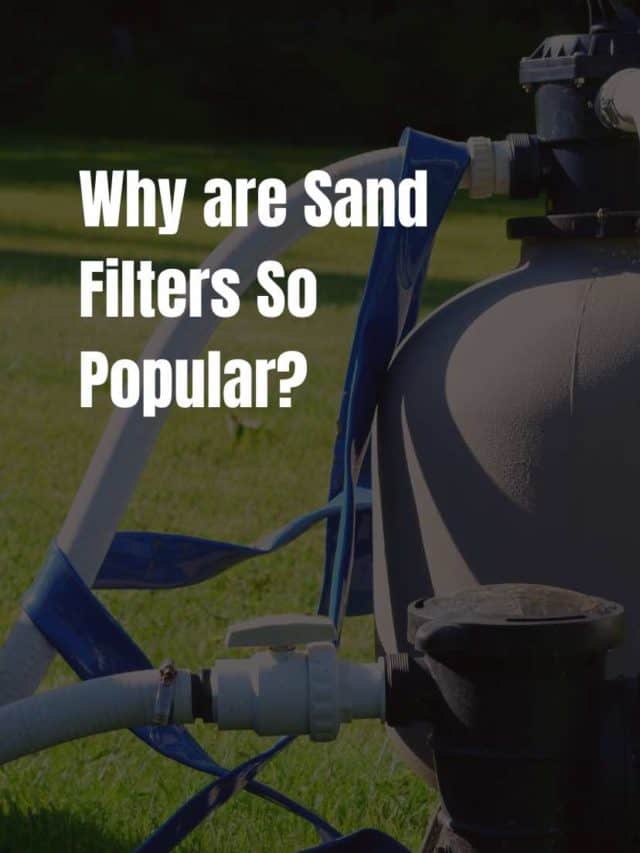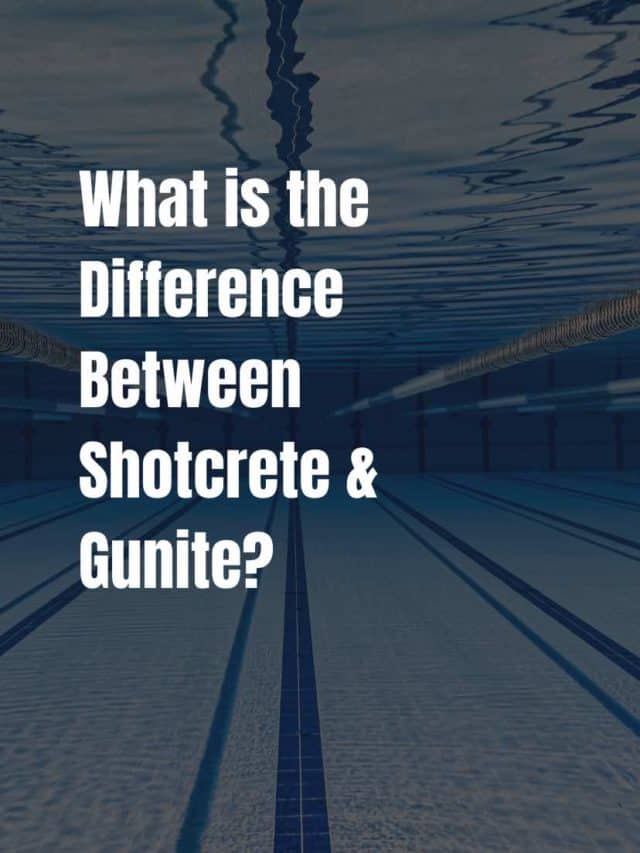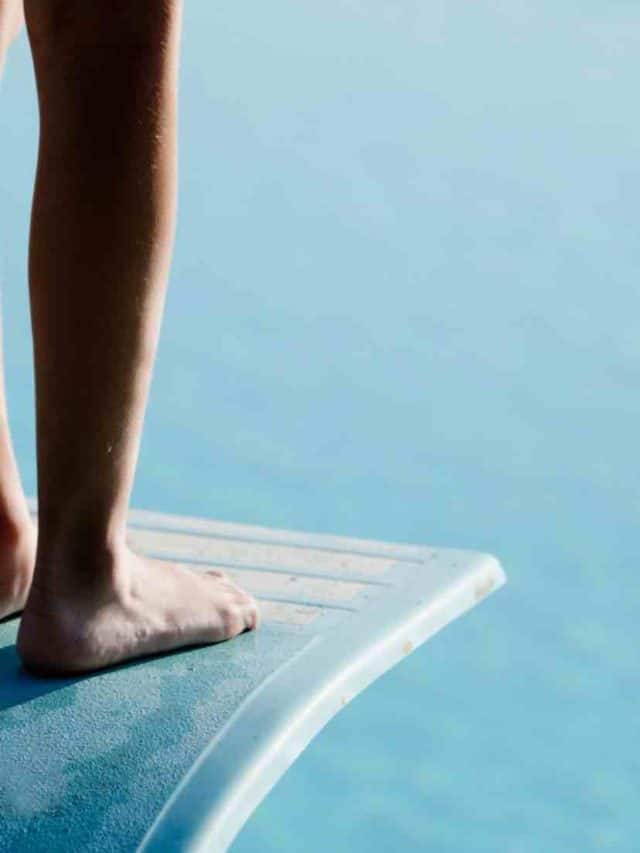Can Swimming Pools Transmit COVID-19?
As summer approaches, many families are wondering if it is safe to swim? The answer is yes! Swimming pools can be used safely by healthy individuals of all ages.
The Center for Disease Control (CDC) released guidance specifically related to swimming pools and aquatic recreation.
The CDC is not aware of any scientific reports of the COVID-19 virus spreading to people through water in pools, hot tubs, splash pads, or other aquatic venues.
‘No evidence’ COVID-19 can be spread in swimming pools, CDC says https://t.co/vX47gMdo3i
— Betty Ann 🇺🇸 (@bawlaw99) May 20, 2020
In fact, the CDC writes that the following public and private aquatic venues can be operated safely
- Indoor & Outdoor Swimming Pools
- Aboveground, Inground & Inflatable Pools
- Apartment Complex Pools
- Homeowners’ Association’s Pools
- Hotels and Motels Pools
- Membership Clubs (Gyms, Aquatic Centers & Country Clubs)
- School Pools
- Waterparks
- City or County Government Pools
“There’s nothing inherent about ocean water or especially pool water that is risky.
The bug isn’t transmitted via a waterborne route.
The chlorine and bromine that are in pools inactivate the virus and makes it even lower risk in terms of catching it from the water.”
How is COVID-19 Transmitted?
COVID-19 is most commonly spread from person to person by respiratory droplets during close physical contact. Close physical contact is defined as someone who has been within 6 feet of an infected person for 15 or more cumulative minutes.
The virus can sometimes spread from person to person by small droplets or virus particles that linger in the air for minutes to hours. However, this is thought to happen most easily in enclosed spaces with inadequate ventilation. Pools typically have excellent ventilation and plenty of space.
Are Swimming Pools Risky for A Healthy Person During the Pandemic?
No! Swimming is not considered a “risky” choice during the COVID-19 pandemic. You and your family can swim confidently in an indoor or outdoor swimming pool.
Here’s why:
Swimming Pools Provide Adequate Ventilation
Indoor and outdoor pools both have excellent ventilation. The air quality in indoor pools is carefully regulated to provide proper ventilation from chlorine fumes. Outdoor pools, as you might imagine, have excellent ventilation just from being outside in open spaces.
The risk of transmission outdoors is much lower than indoors. Viruses that are released into the air are diluted rapidly through the atmosphere. Virus particles dissipate quickly with fresh air and a breeze. Almost all documented cases of coronavirus transmission have taken place indoors.
Chlorine Kills Most Germs In Minutes
Chlorine (the disinfectant used in swimming pools) and bromine (the disinfectant used in hot tubs) kills most germs within minutes. When pools are kept at the recommended levels, these disinfectants are the first defense against viruses and other germs.
Backyard pool owners should check the disinfectant and pH levels in their pools twice per day:
The CDC recommends:
- 1–10 parts per million (ppm) free chlorine or 3–8 ppm bromine
- pH 7.2–7.8
- If the pH is too high or too low, it can cause problems. When swimming pool water levels are off, it can decrease chlorine or bromine’s ability to kill germs. It can also cause skin and eye irritation in swimmers and damage pool pipes and other equipment.
Saltwater Pools Protect Against COVID-19
According to MIT Medical, saltwater pools are just as effective at stopping germs as pools that are disinfected with chlorine. In a chlorine pool, chlorine-based disinfectants are added to the water on a regular basis.
In a saltwater pool, chlorine is generated directly from the salt. A saltwater pool has a chlorine generator as part of its filtration system. The chlorine generator uses an electrified metal plate to transform saltwater into free chlorine which disinfects the swimming pool.
Sunlight Can be a Good Disinfectant
Studies have shown that sunlight can be a good disinfectant. Ultraviolet (UV) rays are part of sunlight. Research demonstrates UV light can be used to kill airborne COVID-19 particles and disinfect surfaces.
It should be noted that temperature, humidity and other factors can influence the effectiveness of UV rays as a disinfectant. But, all things considered, UV rays can prove useful to inactivate coronavirus particles in the air and on surfaces.
Ventilation, Chlorine, Sunlight & Social Distancing Fight COVID-19
As we’ve learned more about the coronavirus, we’ve discovered there isn’t just one solution to stop the spread of the COVID-19. Instead, our efforts have proven that it takes multiple strategies: vaccination, social distancing, masking, and hand washing.

At the pool – ventilation, chlorine, and sunlight all work together to reduce the risk of COVID-19 transmission. When we add safe swimming practices to these other factors already in place at swimming pools, we can swim with little to no risk.
Safe Swimming & Social Distancing Practices
- Avoid crowds and maintain at least 6 feet distance from others (Roughly a pool noodle)
- Wear a mask when you’re not in the water and can’t stay distant
- Wash your hands frequently
- Disinfect surfaces
- Cover coughs and sneezes with a tissue or a bent elbow
- Stay home if you are unwell
Find more tips check out the CDC’s guide to Stay Safe & Healthy in Your Backyard Pool
Swimming for Exercise & Recreation
At a time when vacations have been canceled and many public spaces, like gyms, are still restricting access, swimming is a safe way to exercise and spend time with your family.
Texoma Country Pools and Spas can help you create your very own backyard paradise. When you have a pool out your back door, you don’t have to go far to get in a quick workout, make memories with your kids or just simply relax.
Request a quote to get started today!




















